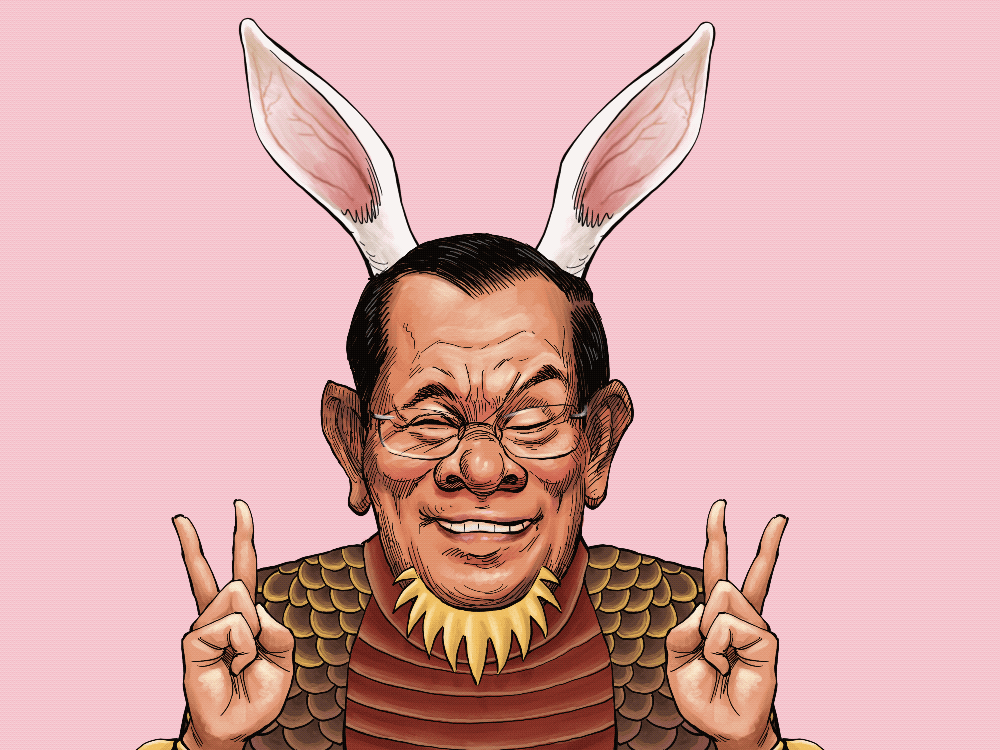Vietnamese citizens question legality of COVID letter of accountability
A Vietnamese government ruling that people who refuse a COVID vaccine booster need to write a letter of accountability has received either a negative response or ‘no comment’ from people contacted by RFA. The Ministry of Health issued the regulation, which states that people who do not want a fourth shot need to agree to take responsibility if they later get infected and spread the virus. Many people who spoke to RFA said the ruling had no legal basis. A representative of Ho Chi Minh City’s Center for Disease Control explained to the Thanh Nien newspaper that the request is in line with the Ministry of Health’s assessment of the risks but, so far, the ministry has not explained how people should take responsibility. Radio Free Asia asked Facebook users and human rights activists for their views. Of the 18 people interviewed, seven objected to the request while the remainder declined to comment. Hanoi-based law graduate Bui Quang Thang said there were no legal grounds to insist on another booster shot: “Clause 1, Article 29 of the Law on Prevention and Control of Infectious Diseases stipulates: Persons at risk of contracting an infectious disease in an epidemic area and traveling to an epidemic area must be vaccinated and take medicines for diseases to which vaccines and medical biological products are available for their prevention.” “Point A, Clause 2, Article 30 of the law above stipulates: The Minister of Health is responsible for promulgating the list of infectious diseases subject to compulsory vaccination and use of medical biological products specified in Clause 1, Article 29 of this law.” “The list of infectious diseases … does not include COVID-19. Therefore, COVID-19 is not an infectious disease that requires vaccination.” Blogger Nguyen Quang Vinh said the decision to refuse a vaccination is up to the individual. “It is not possible to force people to sign a pledge so this government can wash its hands when people have the misfortune to be infected with COVID,” he said, adding that he had received two shots of COVID vaccine but had no intention of getting another because he believed he would not be infected. Social activist Phuong Ngo said the Vietnamese Constitution stipulates the right to inviolability of one’s body, especially in the situation that the whole country has natural herd immunity. Therefore, she believed the ministry’s request was not reasonable. According to statistics website Our World in Data, as of June 25 Vietnam had administered 230 million doses of Coronavirus vaccine, of which more than 80 million people had received two shots, accounting for nearly 83% of the country’s population. Facebook user Do The Dang, a member of the Hanoi No-U football team, said: “This is a very subtle abdication of responsibility because people have rights and making the pledge is a waiver of the government’s responsibility. As for me, I refuse to sign.” The Lao Dong newspaper ran an article on Monday headlined “Signing a commitment if you don’t get the third and fourth dose of COVID-19 vaccine: Needs specific regulations.” It carried comments from people in Thu Duc city, who agreed with the health ministry’s request. However, it said there should be “specific instructions on the issue of how to proceed, presented in a way that people can understand.” According to Monday’s edition of the Tuoi Tre online newspaper, many people who disagreed with the fourth injection had agreed to sign the commitment. The newspaper also quoted a ward leader in Ho Chi Minh City as saying: “signing the pledge can only be done by a few people and not everyone agrees to sign,” and if people don’t want to get the fourth shot and don’t sign the commitment medical staff have no choice but to treat them. The official also said most people supported the first two injections and one booster shot, but only a few people supported the fourth shot. Phan Trong Lan, Director of the Department of Preventive Medicine at the Ministry of Health confirmed to the press on Monday that the government considered the booster to be necessary due to the unpredictability of the SARS-COV-2 virus and possible mutations. Another official said that, while there are about 15 million shots of COVID vaccine in the country’s stockpile with expiry dates from July to October this year, the push for people to get the booster is not due to a surplus.




